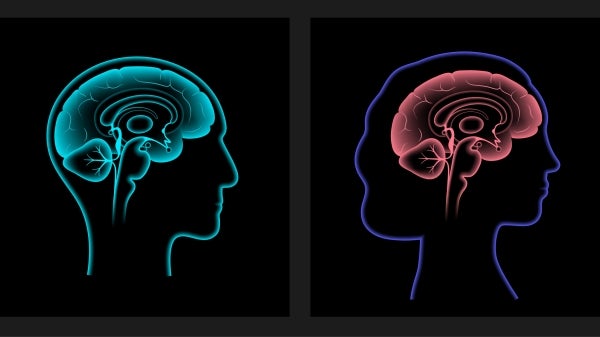Lauren Sarah Hayes, musician, sound artist and assistant professor in Arizona State University's School of Arts, Media and Engineering, is receiving praise for her latest album of improvised sound art.
“Embrace” has already been named one of the best albums of 2021 (so far) in Phoenix New Times and has been shared as part of the best experimental music on Bandcamp.
Hayes builds, teaches and performs with hybrid analog/digital instruments from her own creation. Throughout her career, she has musically improvised and performed in several major electronic music festivals such as Moogfest (USA) and Norberg (Sweden) using handcrafted instruments that she has created through coding and engineering. She said she incorporates all her experience into the classroom.
“I teach interdisciplinary improvisation in a class that is taken by students who are not only involved with sound and music, but also dance, visual arts, game design, engineering and more,” Hayes said. “I teach technical skills such as coding but from the perspective of really getting ‘under the hood’: being able to solve your own problems and think strategically. From my extensive experience performing with electronics on stage, having this kind of knowledge is really crucial because it enables you to remain calm and be able to think quickly on the spot on the rare occasion that things break.”
Outside the classroom, Hayes enjoys continuing to translate what she learns from performing and teaching into sound art. She released “Embrace” in early February 2021 and it’s on track to take off in the sound art world. The album includes four tracks of improvised sound art using Max/MSP, a visual programming language, and very little editing in a digital audio workstation. All instruments used on the songs are a combination of drum machines, analog synths, voice processor, controllers and the software that Hayes has been building since early 2007.
It is Hayes’ ability to sculpt and meld music in real-time that has set her apart and allows her to create brand new experiences for each listener. This ability has paved the way for her to continue performing her works live. Since the album release, she has been featured in Wire Magazine’s June edition, voted best artist of the month in April by Huddersfield Contemporary Music Festival (hcmf//) and invited back by hcmf// to participate in their music festival.
More Science and technology

The Polytechnic School at ASU hits milestone mark at 10 years
The year was 2014.Taylor Swift released “1989.” "Frozen” and its soundtrack were stuck in the minds of many.Facebook was…

Study finds cerebellum plays role in cognition — and it's different for males and females
Research has shown there can be sex differences between how male and female brains are wired.For example, links have been made…

Artificial intelligence drives need for real data storage innovations
In southeastern Mesa, Arizona, construction crews are hard at work on a state-of-the-art data center. The $1 billion…


